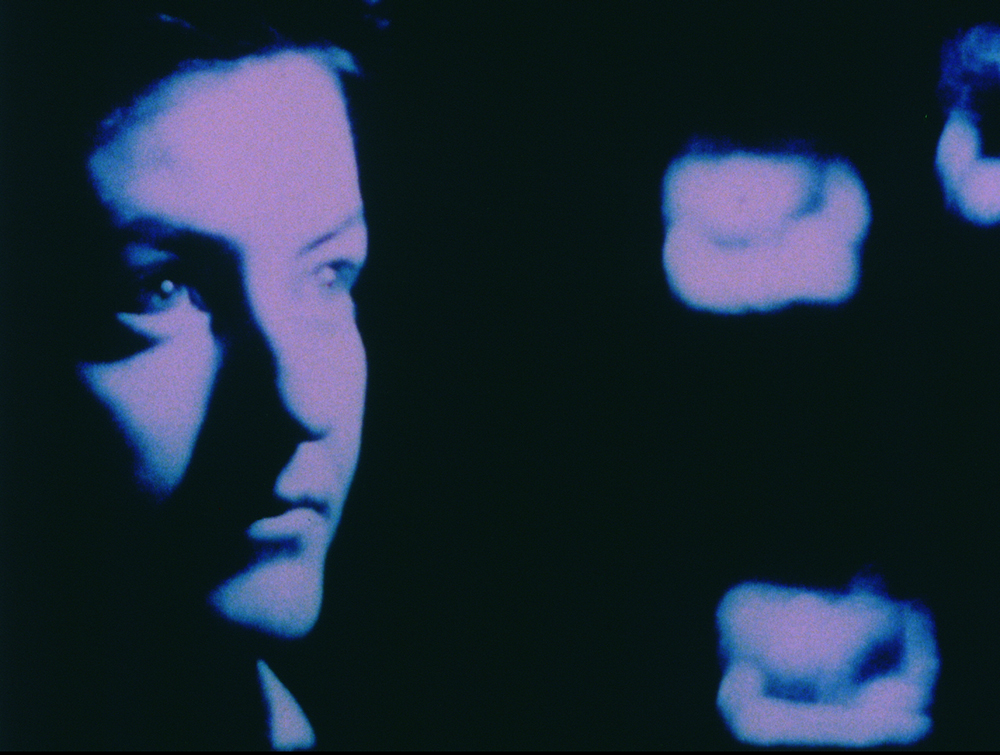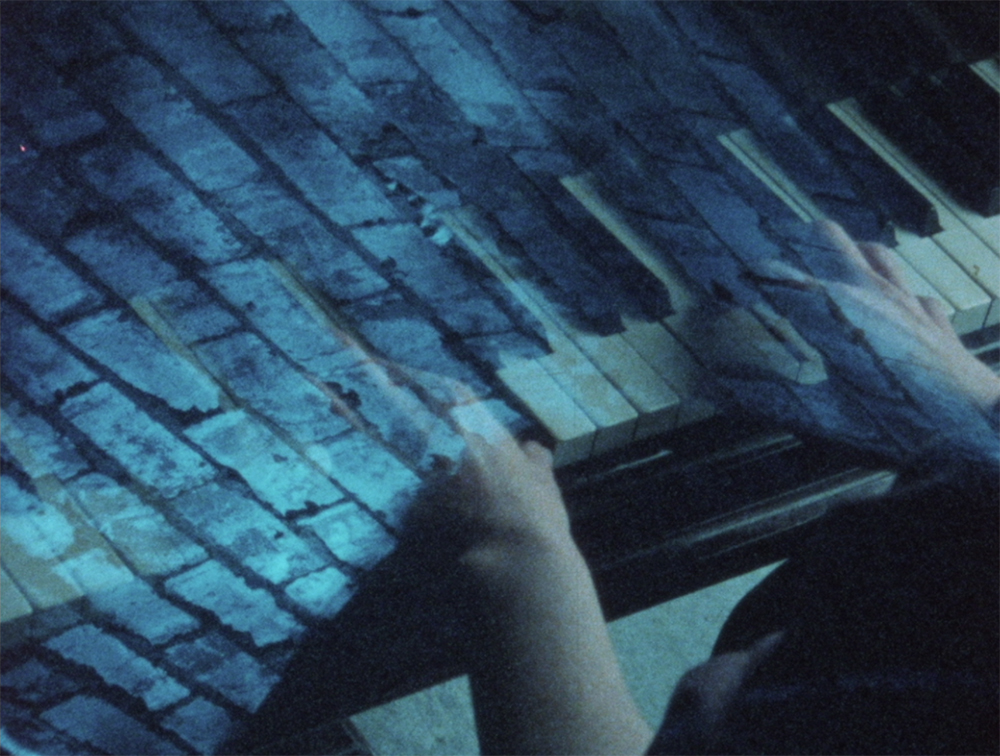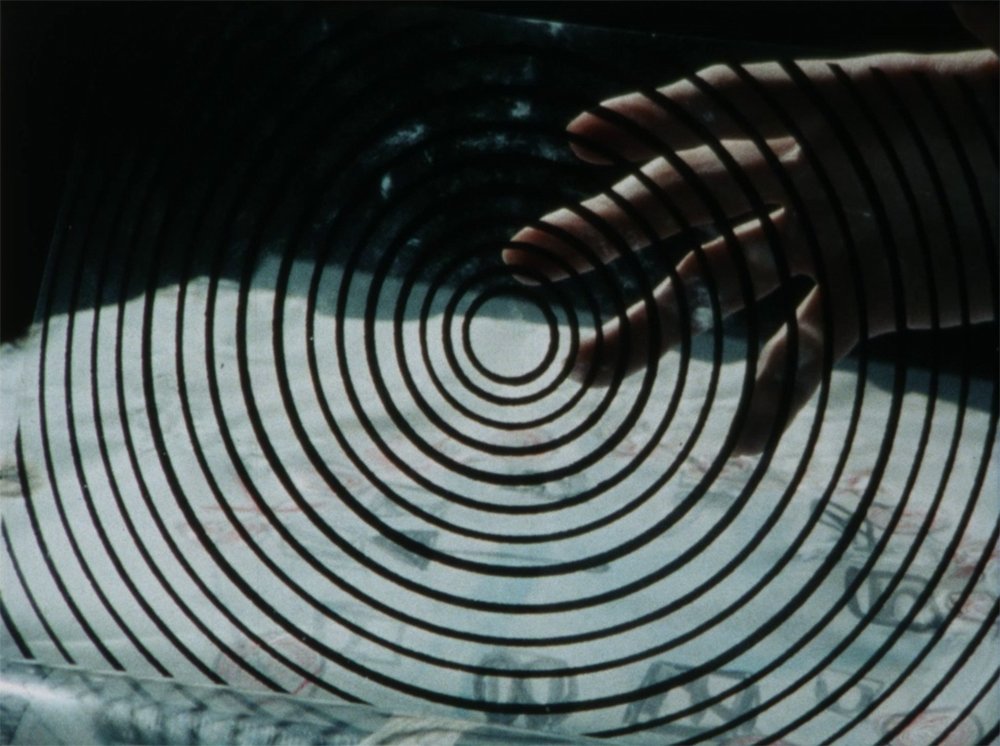Lis Rhodes 9 - Sandra Lahire
A trio of films by British filmmaker Sandra Lahire (1950-2001) that have been recently digitized and restored at Elias Querejeta Zine Eskola (San Sebastian), in the context of the research project “Their Past is Always Present”.
Sandra Lahire was a radical lesbian feminist experimental filmmaker who was one of the most prominent and inspiring figures of the London experimental film scene in the 1980s and 90s. Lahire, who also wrote a musical score for Rhodes’ Just About Now, developed a new form of mixed-genre filmmaking. Lahire died in 2001, after a long and persistent struggle with anorexia. She left behind ten experimental 16mm films that offer a profound filmic commentary on anorexia and are prescient of today’s fears of ecological devastation. This selection points to two recurring themes in her work, her anti-nuclear stance and her fascination with Sylvia Plath and her writing.
In the presence of Charlotte Procter and Pablo La Parra (EQZE)


